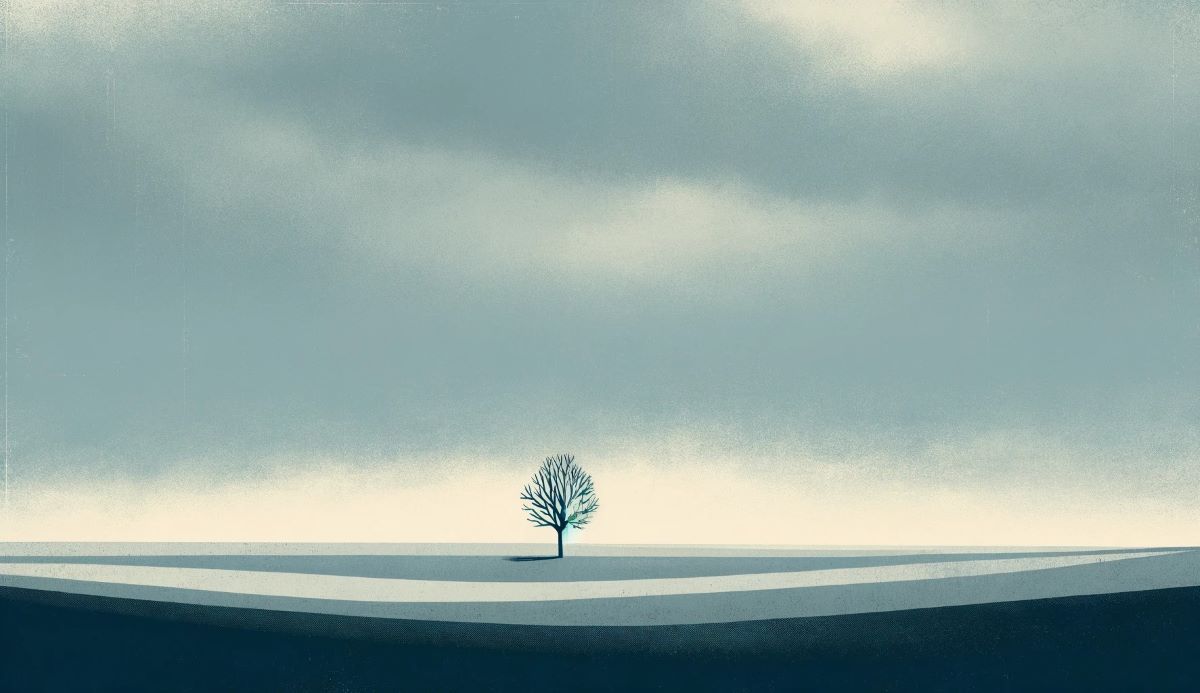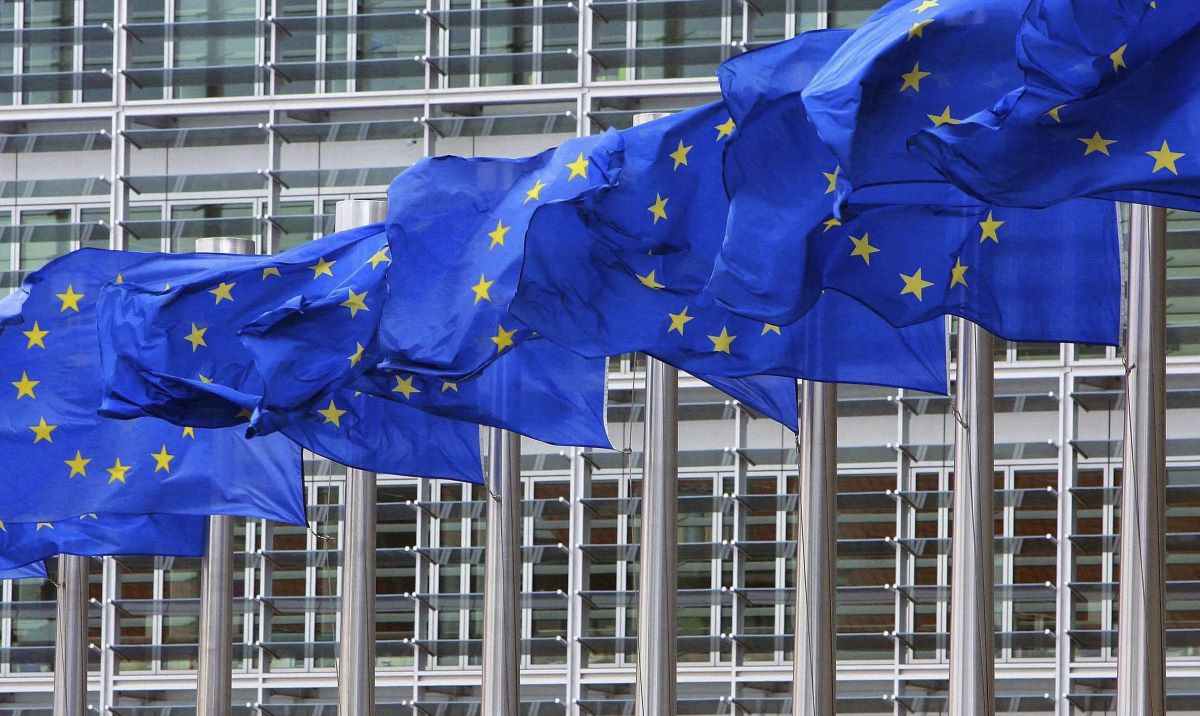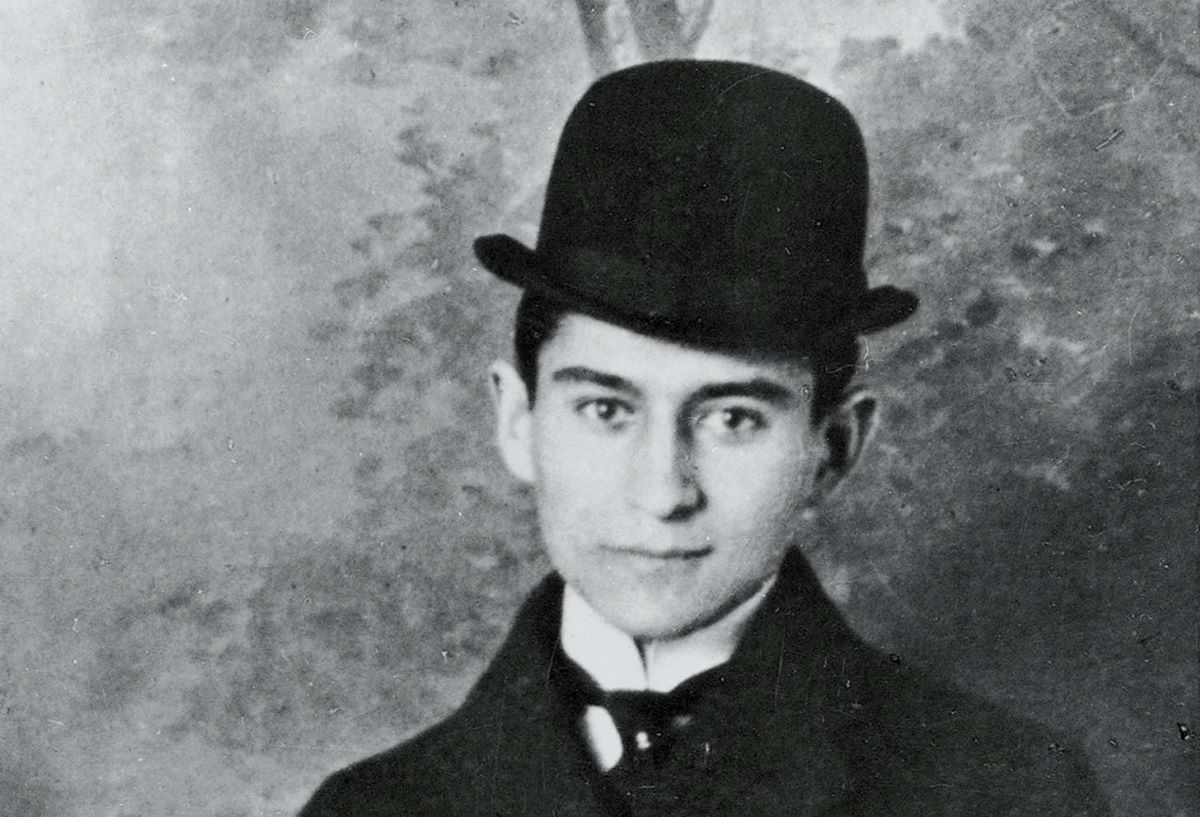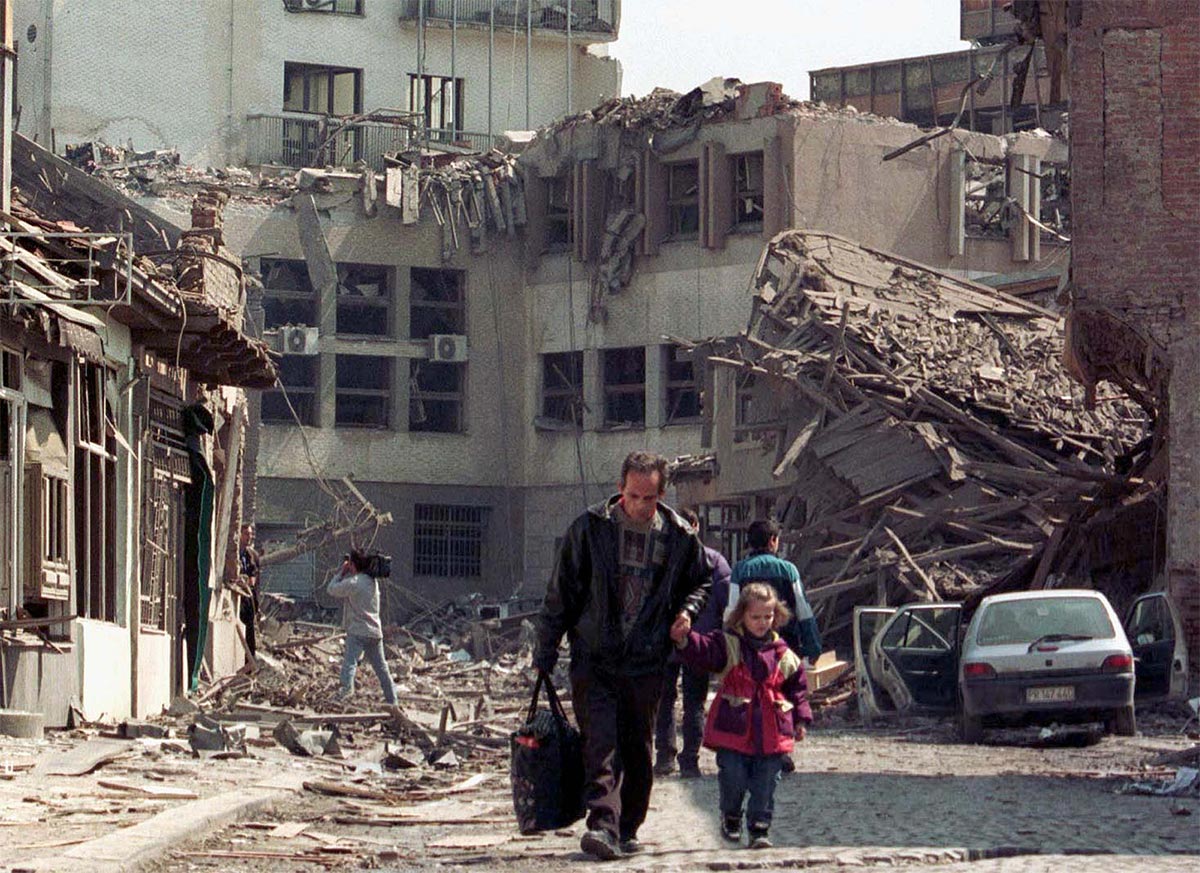Marcello Veneziani’s article “The Heirless Society” paints a stark portrait of contemporary society, where individuals no longer inherit or leave legacies, living disconnected lives that do not contribute to any lasting heritage. He describes a world where political and social norms prioritize novelty and dismiss the past, leading to a culture where nothing is preserved, legacies are discarded, and each generation acts as if it were the first and last, with no sense of continuity or obligation to the future.
* * *
We are not heirs, nor do we leave any. We inherit nothing from anyone, nor will we leave anything to anyone. This is, to put it briefly and starkly, a snapshot of our condition today. Each life stands alone, disconnected from the past and future, affecting each of us at various levels of awareness, both personally and socially. Even politics shirks or denies legacies. In politics and commerce, what remain are lifeless brands and faded icons, but nothing resembling a legacy. For the first time in human history, or at least in the history known to us, we live in an era without heirs. Or at least, it is the first to recognize no legacy as a value to be preserved and passed on. We face, like King Louis XV felt, the flood that comes after us; our world ends with us. After us, no one will continue our work, no one will save anything of our legacy; we will leave no trace, everything will be erased by water and wind. The water of oblivion that erases all traces and the wind of removal that sweeps everything away. This is the logical conclusion of a society first without fathers, which then became a society without children, a society both parricidal and infanticidal, under the banner of elective orphanhood. The society of mutants and the unborn, due to low birth rates and abortion. The era of nihilism ultimately fulfills its promise: after us, nothing remains.
Who will inherit your possessions, your life’s heritage, both spiritual and material, your library, your archive of memories, objects, and thoughts? To the mice and the incinerators. At most, the marketable value will be extracted from your estate, quantified, and sold off; anything without economic value must be disposed of as quickly and painlessly as possible, like emptying a junk room or a chemical toilet. It must disappear without leaving a trace. The status of heirs lasts only as long as one is at the notary’s office, until the will’s intentions are converted into assets to be enjoyed. In every field, what is valued is what is not inherited and leaves no legacy, what is new, unprecedented, or meant to surpass and make us forget all that came before. In politics, every leader and movement must present themselves as new, must undergo radical restyling that involves periodically shedding legacies to appear more in tune with the present and unburdened by skeletons in the closet, cumbersome legacies to erase. New apps await us; it is no longer time to maintain the old. History itself is an unbearable weight. Technology constantly pushes us toward updates.
Similarly, masters are unrecognized, because we do not feel like heirs and continuators of their work and teachings, they have nothing to teach because they come from times more backward than ours, with technologies far outdated. No dweller of the past can guide us into the future or teach us anything suitable for the world to come.
From the past, only the memory of victims is preserved, but this is not a legacy to safeguard and continue; it serves instead as a warning not to repeat those horrors. The memory of the victims is an act of accusation and rejection of the legacy of the perpetrators.
How does the end of legacies manifest itself generationally? Primarily, people no longer have children; if there are any, they leave, leaving behind their homes and cities, changing horizons. And if they don’t leave, they disinherit themselves, distancing themselves with their minds and hearts, believing that living means emancipating from those who brought them into the world. There are exceptions, and they are not rare; but the general trend, the spirit of the times, is that. No heirs.
Countries are emptying, there is no replacement, families are on the brink of extinction due to low birth rates and emigration; centuries-old presences will disappear within a few decades; at most, a lost scattering will remain elsewhere. Our contemporaries feel more like children of their time than of their parents or their countries of origin and their teachers. They consider themselves self-produced, self-created, believing—though it is not true—that they entirely manufacture and manage their own lives.
As a result, nothing is passed down anymore, infidelity becomes a value and an act of autonomy, everything becomes obsolete quickly: from the planned obsolescence of objects to the total and inexorable obsolescence of subjects, who survive only if they are fluid, genetically modifiable, mutants.
Another consequence of rejecting inheritance: it is not worth remembering, or worse, nourishing nostalgia for the past and for those who are no longer; it is a wasted time, a vain exercise, grotesque spiritualism against the inexorable progress of life. Even for this reason, the transmission of knowledge, principles, practices, customs, experiences ceases: all that was once called tradition was founded on a principle of biunivocal inheritance, that is, received and delivered, which I encapsulate in the status of “burdened heirs.” The past holds no value or meaning, it is to be erased, removed, cursed, surpassed; everything is accelerated, mechanized, and replaced. Nothing is retained, not even the sense of continuity.
Every life ends on a dead-end track, originates from nowhere, and continues to nowhere. Welcome to the society without heirs. All that remains is to rely on the unexpected, the unknown, on mercy, and on twists and turns. Or on the miracle of unspecified gods.
Panorama n.20, 8 maggio 2024





